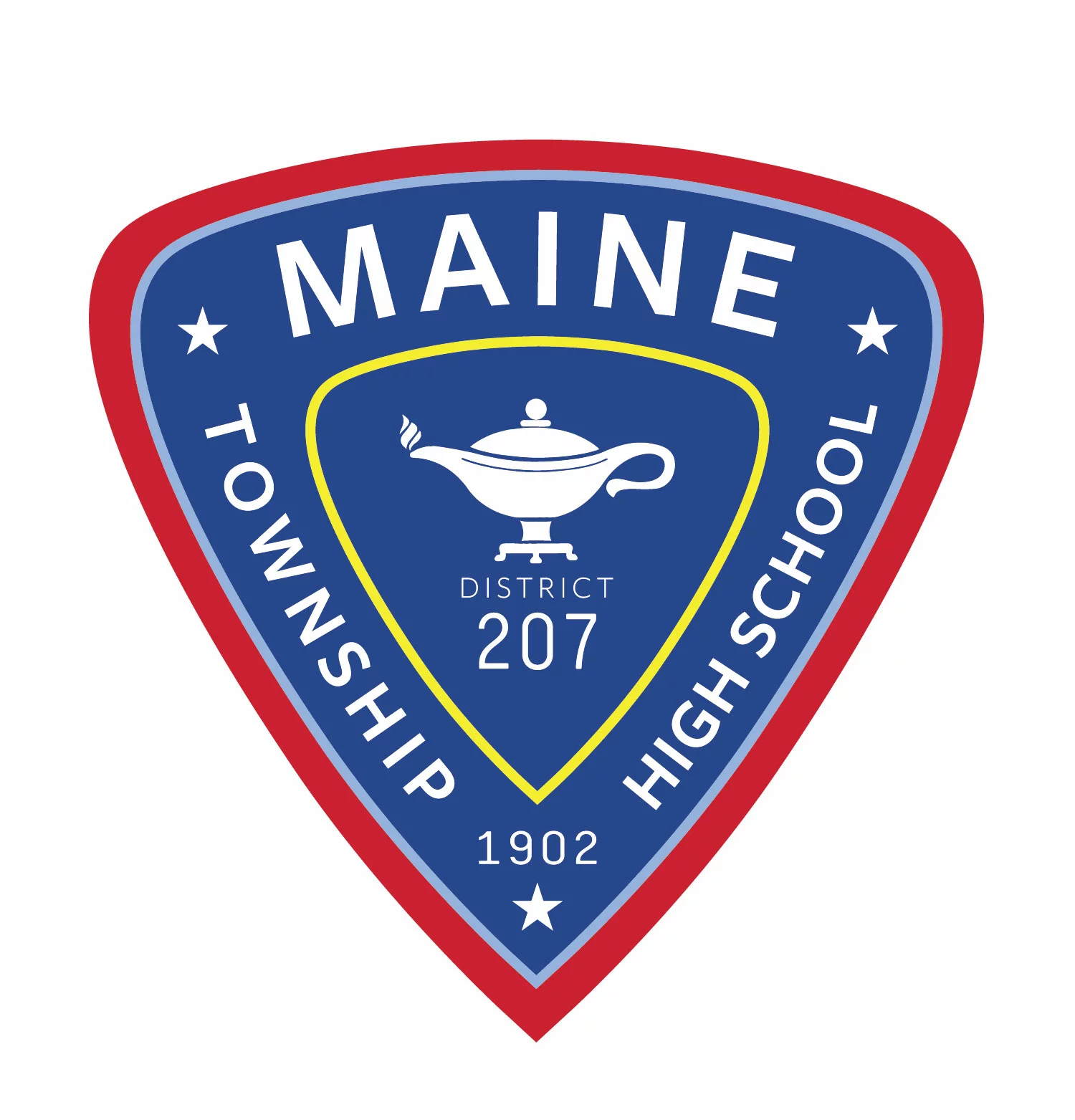The policies and practices District 207 follows in relation to equity are as follows:
- Creating spaces in and outside of the classroom that validate student experiences and affirm their intersecting identities.
- Building curious and independent learners through rigorous, engaging, culturally-relevant content, and responsive pedagogical practices that prepare students for navigating our global community.
- Developing an accessible culturally responsive curriculum that builds upon student experiences and their social capital and is reflective of their unique intersecting identities.
- Focusing on responsible decision making and relationship building so that all students feel valued and connected to the larger community.
- Providing students, teachers, caregivers and community members opportunities to examine themselves, in order to understand that our lived experiences vary widely and are shaped by our intersecting identities.
- Examining data and systems of oppression, in order to use this information to make necessary adjustments that ensure equitable academic, socio-emotional, and career outcomes for all students.
- Engaging in decision making processes that assess impact, utilize an equity lens, and foster community partnerships and collaboration.
- Diversifying our staff through intentional outreach efforts, diverse hiring committees, and focused efforts to support and retain staff of color.
- Developing scaffolded systems of performance feedback that recognize diverse communication styles, are supportive, minimize bias, and provide resources in order to foster professional growth and an equity mindset.
- Providing physical structures and welcoming spaces that reflect diverse cultural identities and respect and support individual needs.
- Engaging in creative and individualized problem solving to reduce barriers and increase access to resources such as transportation, supplies, and equitable funding decisions for all students.
- Connecting families and students to resources within the district and in the community to meet their unique needs.
In addition, the following document was created to outline how District 207 responds to acts of hate, racism and discrimination.
